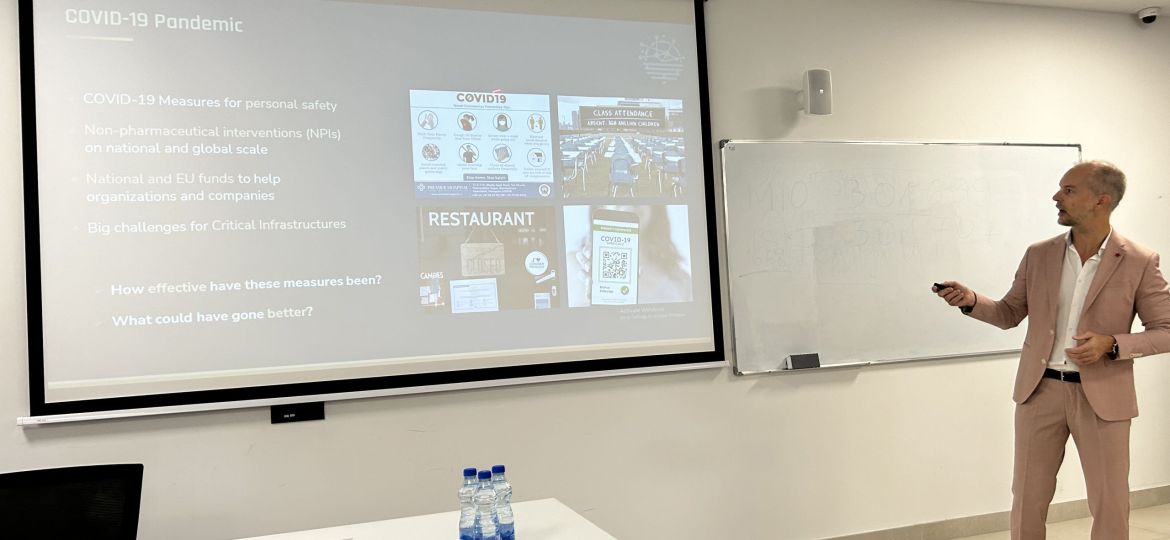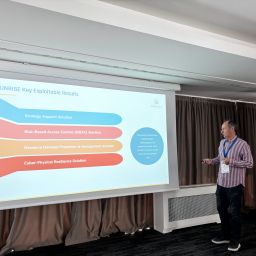
Just wrapped up an inspiring time at the Resilience in Critical Infrastructures and Systems (RCIS) 2024 conference in Belgrade, Serbia. The event brought together brilliant minds from across Europe, highlighting the challenges and innovative strategies shaping the future of our critical infrastructures.
As digitalization accelerates and off-the-shelf IT components become the norm, the cyber-attack surface for Critical Infrastructures (CI) has expanded significantly. RCIS 2024 was a powerful reminder of the need for unified prevention, protection, data processing, and rapid recovery measures across interdependent CI systems.
Key Highlights:
Keynote by Stefan Schauer from the Austrian Institute of Technology explored a multi-domain approach to improving CI resilience, especially against future pandemics—a critical topic as we anticipate new global challenges. Discussions centred around using AI and intelligent data processing to predict, protect, and adapt CI behaviour in crises like pandemics. We delved into the architecture of SCADA systems, real-time processing, and cybersecurity risk management—all crucial for a more resilient future.
The European Commission’s strategies, metrics, and regulatory measures, such as NIS2 and CER Directives, were a focal point, reinforcing how policy can drive resilience in CI.
A big thank you to the project partners and thematic track organizers, speakers, and all participants who made this conference insightful and engaging:
- Jose Miguel Blanco (UPM, Spain)
- Aleksandar Jovanovic (EU-VRi, Germany)
- Aljosa Pasic (Eviden, Spain)
- Stefan Schauer (AIT, Austria)
- Olga Segou (Netcompany-Intrasoft, Greece)
Looking forward to the continued collaboration and implementation of these insights to make our infrastructures more robust, intelligent, and secure.
















